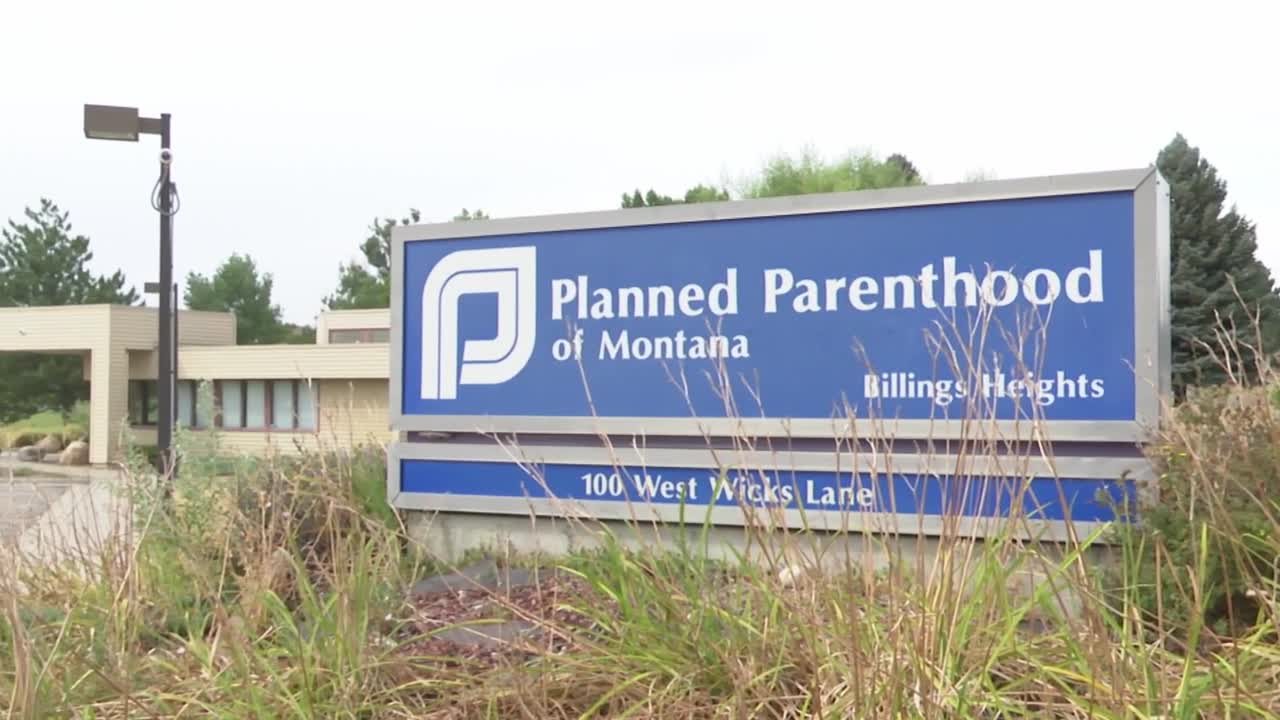BILLINGS - Abortion access is shrinking across the country in the wake of the U.S. Supreme Court's decision to overturn Roe v. Wade on June 24, and Montana might soon find itself on an island.
Last week, federal judges blocked trigger laws that would have enacted a near-total ban on abortions in North Dakota and Idaho, but many believe it’s a matter of time before all of Montana’s neighbors pass anti-abortion measures.
But local providers are struggling as well. The Billings Heights Planned Parenthood location, which was the city’s only option for surgical abortions, has been closed since December.
"We had a pipe burst in the health center and flood the entire building," said Martha Fuller, Planned Parenthood of Montana CEO.

It’s been a supply chain and contractor nightmare ever since.
Fuller said they hope to have the clinic open again this fall, but for now, patients seeking surgical abortions have to go to Helena, 250 miles away from Billings and much farther than that for most of the region.
"Even before this happened, we would get calls from patients who were already surprised at how far they would have to travel," Fuller said.
Medication abortions are still available at Planned Parenthood’s West End clinic, up to 11 weeks into a pregnancy.
But surgical abortions can be performed up to about 21 weeks in Montana.
There are currently only three options in the state — the Helena Planned Parenthood, Blue Mountain Clinic in Missoula, and All Families Healthcare in Whitefish.
"We get a lot of calls from people curious if we’re still providing abortion," said Jill Pasewark, the All Families Healthcare patient care coordinator. "Whether or not they're seeking it for themselves, I think people are unclear if it's still legal in Montana."
A 1999 Montana Supreme Court decision made abortion legal, though Gov. Greg Gianforte has asked the court to overturn the decision.

Abortion remains legal for now in Idaho, Wyoming, and North Dakota, but access is still very limited. North Dakota’s only clinic moved across the Minnesota state line this summer after seeing the writing on the wall.
"The percentage of patients that have come to Montana from adjoining states historically has been anywhere from 10% in a lower year to up to 25%,” Fuller said. "If people have access, they will seek the care. But if they can’t figure out how to get it, they won’t have an abortion - that’s the reality."
Thirteen states have already passed abortion trigger laws, and Fuller says it’s only a matter of time before Montana sees a jump.
"In Colorado, for instance, they’re already seeing patients from Texas, Arizona, etc.," she said. "As those appointment slots fill up, I do expect we’ll see patients from all across the country. A domino effect."





